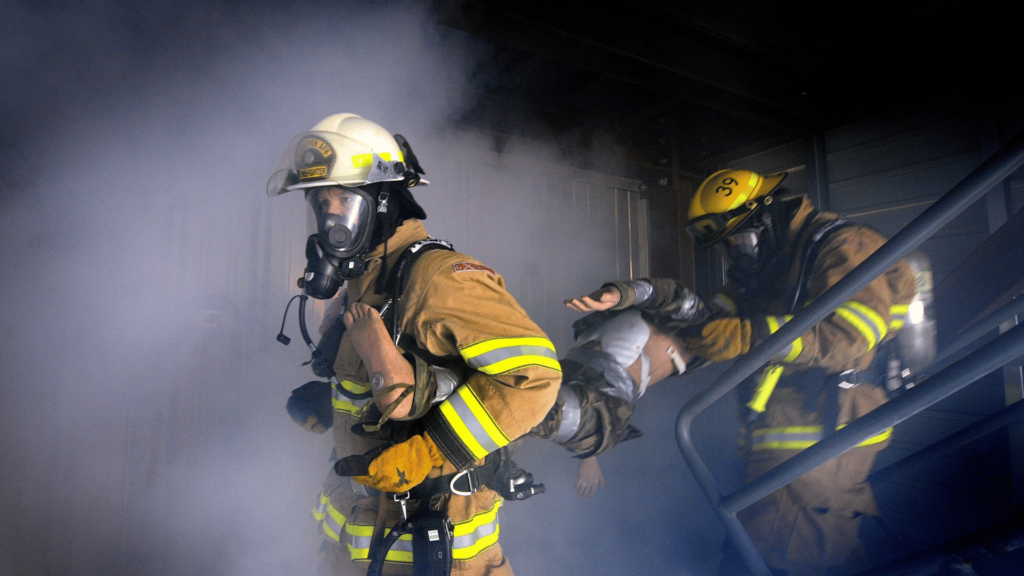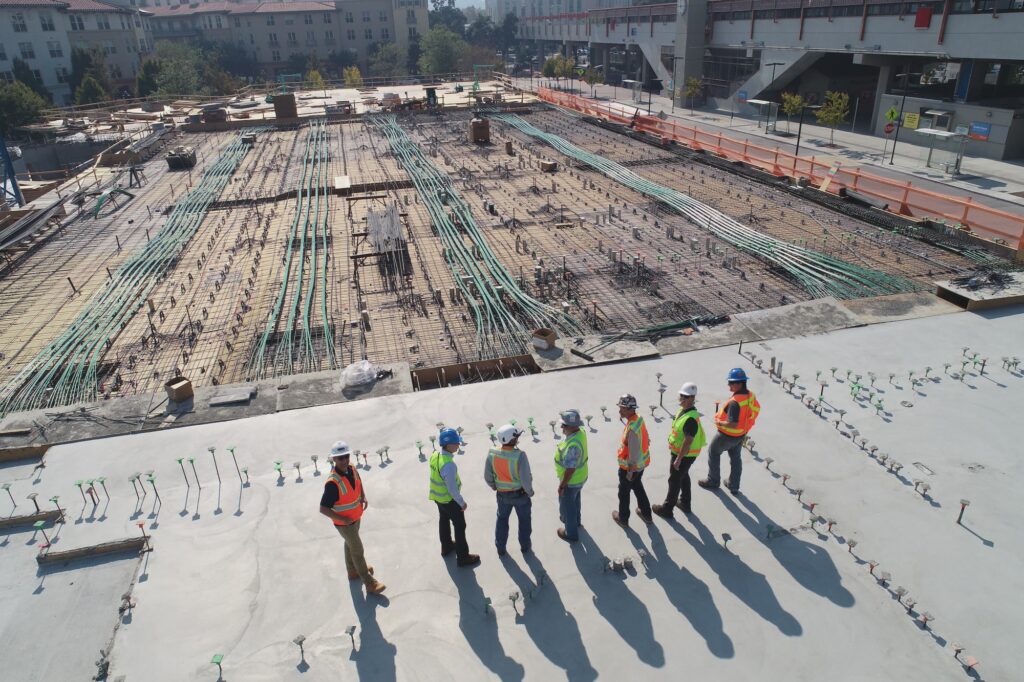
Ask Me Anything: Regulatory Trends for Workplace Safety in 2026
Ask Me Anything: Regulatory Trends for Workplace Safety in 2026 In this special, Ask Me Anything webinar with Occupational Health & Safety Magazine, worker protection
Every day, 125 million American workers rely on PPE and safety equipment to stay safe. Smart, practical policies and effective regulation ensure they have access to the tools they need—not only protecting lives but strengthening the industries that drive our nation’s economic growth. Investing in worker safety is investing in America’s future.
Strong standards and common-sense regulations ensure that markets can deliver quality PPE to the 125 million American workers who require it on the job. ISEA works closely with government agencies, industry leaders, and safety experts to advance policies that:
Protect workers in high-risk environments
Ensure PPE meets rigorous performance standards
When workers are protected, businesses thrive. Fewer injuries mean lower costs, less downtime, a more productive workforce, and growing businesses.
OSHA and NIOSH don’t just enforce rules—they save lives, support innovation, and reduce costs for employers. That’s why funding them is not just a safety issue—it’s an economic one.

Since 1971, OSHA has saved over 600,000 lives by enforcing workplace safety standards. OSHA inspections reduce injury rates by 9.4% and save businesses over $20 billion each year. Despite this proven track record of results for American workers and businesses, OSHA remains critically underfunded. With 1,875 inspectors for 11.5 million workplaces, it would take 186 years to inspect each workplace just once.

NIOSH fuels innovation in workplace safety. From respiratory protection standards to silica exposure controls, its research protects millions of workers and generates billions of economic benefit. In addition, NIOSH safeguards workers from counterfeit and substandard respiratory devices, protecting millions of American workers each year.
The recently announced tariffs on PPE and safety equipment threaten the availability and affordability of the gear workers need. Most PPE used in the U.S. or its components are imported. Without an exemption, these tariffs will:

Whether through funding, standards, or trade, practical safety policies keep workers protected and America competitive. Now is the time to invest in policies that strengthen our workforce—not weaken it.
Join the movement. Share the message. Invest in Safety.
Sign up for our newsletter today!
The go-to resource for PPE standards, industry news, and product recommendations.
1101 Wilson Boulevard,
Suite 1425
Arlington, VA 22209-1762
Phone: 703-525-1695
International Safety Equipment All Rights Reserved 2024
The voice of credibility for the safety equipment industry
Learn about ISEA members, leadership and awards
Your elected officials to help guide the association
We help develop talent and raise awareness about worker safety
Meet the team
ISEA membership gives you a seat at the table, delivers powerful insights and lets you engage with peers.
Our education & training programs improve the effectiveness of safety equipment industry professionals.
Hear progressive ideas, learn best practices, and make peer connections.
Collaborate on standards development and track industry & policy trends
See all upcoming events
Access our webinar library

Ask Me Anything: Regulatory Trends for Workplace Safety in 2026 In this special, Ask Me Anything webinar with Occupational Health & Safety Magazine, worker protection
Learn why standards are vital to keeping workers safe
Explore all our standards
Propose a new standard to transform safety practices
Everything you need to know about product standards
Demonstrate PPE and safety requirements have been met
Stay informed about global standards development

Gain a powerful advocate in the halls of government
Measuring the impact of the safety equipment industry
Reports and tools for ISEA members
Benchmark market share & product growth trends
Access the latest safety news & insights
Keep your workforce safe
Buying PPE online? Follow our guide to ensure it’s appropriate and high quality.
Learn More